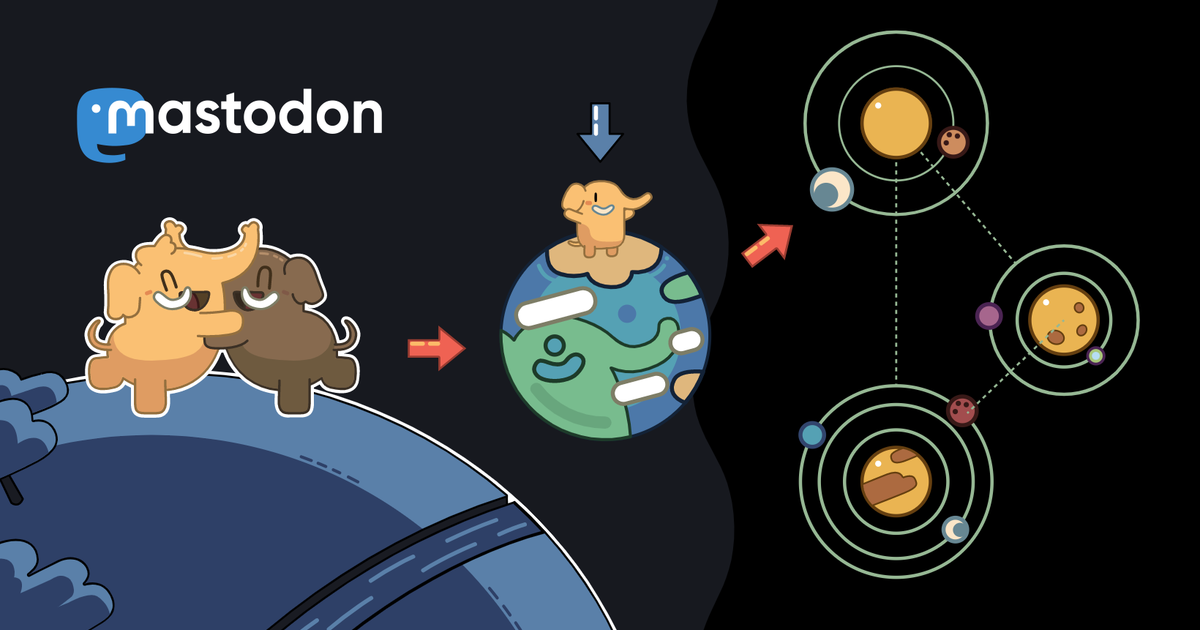Got interviewed on the Getting Defensive Podcast, the episode is out today:
https://gettingdefensive.com/getting-defensive-with-michal-rysiek-wozniak/
I had a great time talking with @jerry and @lerg. They are generous, thoughtful hosts.
Not to mention it was really a blast to be on a podcast that I had been listening to for some time. 
Do have a listen if you'd like to hear a bit about information security at a small media org doing Panama Papers, or my little anti-censorship side project, LibResilient. 
Oooh, congrats! You're a mover and shaker in the infosec world
@FediThing haha, more like moved and shaken! 
@trojkat first of all, there are LibResilient plugins that use IPFS as a transport layer, for example:
https://resilient.is/docs/plugins/dnslink-ipfs/
The issue with IPFS is that in the browser it is *slow*. It does work, but it's too slow for most visitors to endure.
Regarding a more broad question of hosting important documents on IPFS: it's pretty involved to make any kind of *Private* IPFS infrastructure, so these would have to be *public* documents. There is also no way of *removing* files from IPFS.
@trojkat generally when using IPFS as a storage layer, one needs also something else – DNS, IPNS, etc – as a "resolution" layer.
IPFS is content-addressed. Files are addressed using a hash of their contents.
So if you need to point people to an updated version of a file, you have to somehow update how you're pointing them to it, it's simply not a thing to make the same IPFS address point to a modified/updated file.
So you need DNS, IPNS, or something else.
